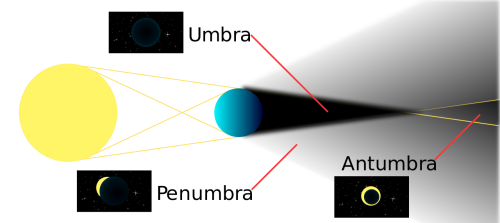Andragogy is a word of Greek origin that means "teach adults". This term was first used in 1833 by the German Alexander Kapp, but became popular in the 70s with Malcolm Knowles, an American educator who became a reference on the subject.
Like pedagogy, andragogy is a science that studies learning. But unlike pedagogy, which focuses on children, andragogy seeks best practices and strategies to help adults in the learning process.
Difference between pedagogy and andragogy
Pedagogy and andragogy focus their studies on the learning process and the development of methods and practices that contribute to facilitate the understanding of those who are learning. However, children and adults have different needs and motivations and that is why teaching approaches vary at each stage of life.
An adult, when attending a course, will absorb the content according to their previous knowledge and will have as a basis for understanding the subject the experiences lived so far. Unlike a child, the adult is independent, which makes the learning process much more autonomous and related to the adult's interests.
Another fundamental difference in teaching adults and children is the relationship between the person passing the content and those receiving it. Andragogy tends to be more horizontal and is strengthened by the exchange of experiences and dialogue. In this case, classes are less expository and the teacher has the role of mediator in learning.
The andragogical processes differ from pedagogical practices, in which there is a teacher who holds the knowledge and passes it on to students in a more vertical relationship. There is more flexibility in these teaching practices, as the responsibility for learning is much more of the adult who is interested in learning than the teacher.
Difference between andragogy and heutagogy
There is still another concept related to education: heutagogy. This term began to be used in 2000 and refers to the teaching practices in which the student is the manager of the search for knowledge. In this form of learning, the student is the main actor in the process and, although the figure of the teacher is not necessary, if it exists, his role is that of a facilitator.
Heutagogy, one of the principles of distance education, arises mainly after technological revolutions and the consequent ease in obtaining information and knowledge. That's because, with content available quickly and easily, people can plan and execute their own learning strategy.
need to know
One of the main foundations for andragogical theories is the need to obtain certain knowledge. Unlike children, who have little autonomy to decide what they will learn, as there are contents that must be taught to everyone at school, adults need to understand the need to acquire a certain knowledge.
The reasons for studying a topic are related to that student's motivations, which can be professional or personal. It is unlikely that an adult will feel motivated to learn about something that does not interest him or will not apply in his life.
Participation in the process
Andragogical practices usually involve the student, who becomes a more active subject in the tasks to be performed. Adult students are encouraged to participate, together with the teacher, from the planning of classes, dynamics and activities, to the choice of assessment methods.
Thus, although adult education requires autonomy and independence, it uses methods that encourage cooperation and knowledge sharing among the group.
Characteristics of Andragogy
- Autonomy: adult students are considered autonomous in their learning, as they are independent and able to make their own decisions.
- Experiences: adults have baggage and their life experiences are the basis for acquiring new knowledge.
- engagement: adults seek learning that is useful to them and will be more engaged if they understand the applicability of knowledge.
- Guidance: as they seek knowledge to apply in their lives, they are more oriented towards solving problems than towards content itself - solutions to everyday challenges can be related to personal life or professional.
- Motivation: adults seek learning that offers them a better quality of life, self-esteem and personal and professional development.
Andragogy in the corporate environment
In the business world, it is common to hear about andragogy. Teaching adults is a recurrent need for companies, which invest in training and qualifications to improve the performance of their employees.
These training modalities use active participation methodologies, with dynamics, interaction and dialogue among the participants. The exchange of experiences between different professionals on these occasions are important sources of knowledge according to the principles of andragogy.
Andragogy in higher education
Andragogical teaching methods are also applied in universities and can make collective learning richer. This is because, upon reaching higher education, students have already had numerous personal and professional experiences, political and social, which can contribute to the construction of knowledge based on dialogue and exchange of experiences.
When they are in college, apprentices seek professionalization for the labor market, for this reason, understanding how each learning can be used in practice is essential to ensure the motivation of these students. In this case, practical and interactive activities can be more effective than just lectures.
See also the meaning of pedagogy and education.



